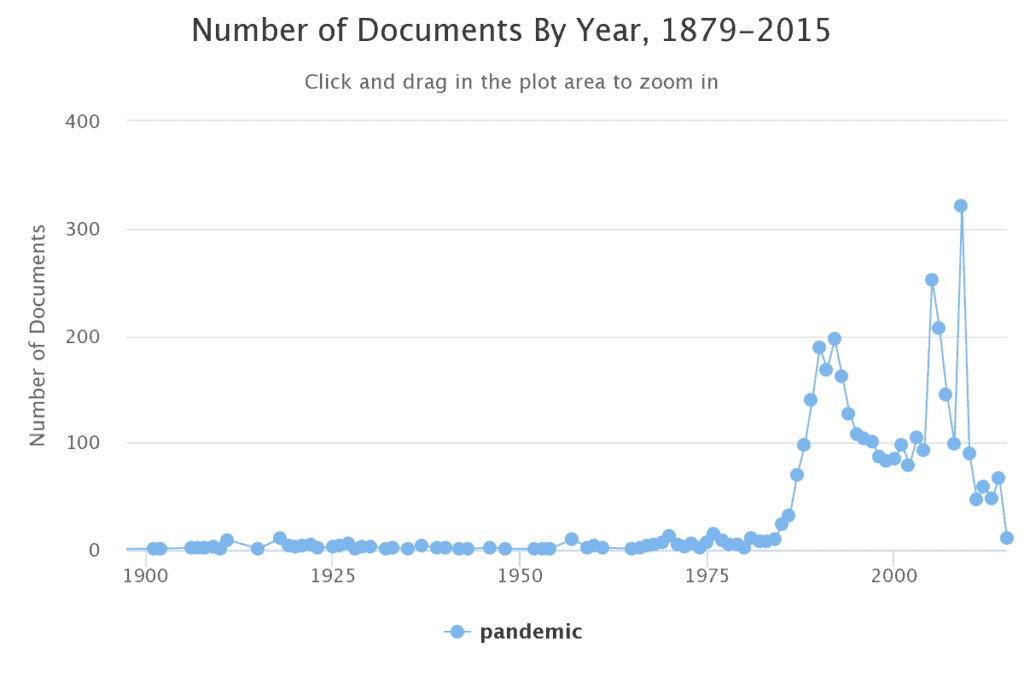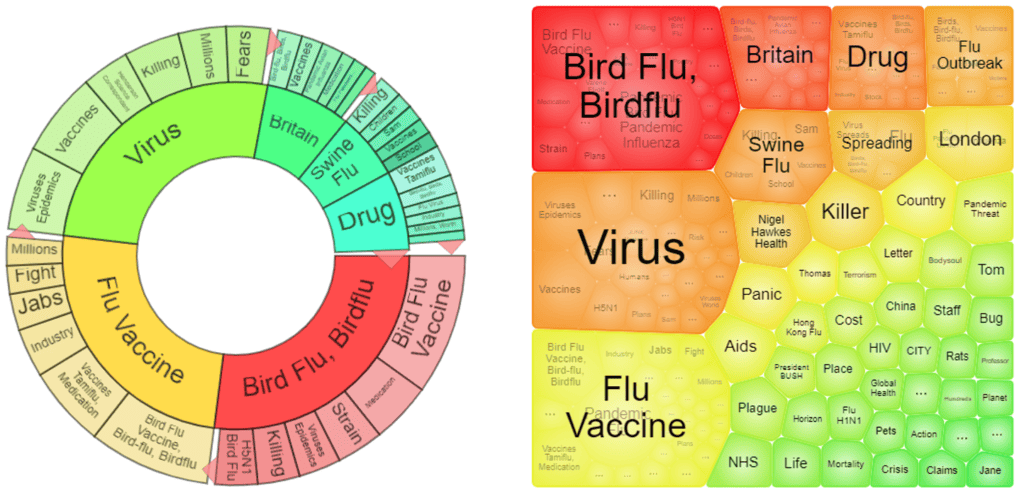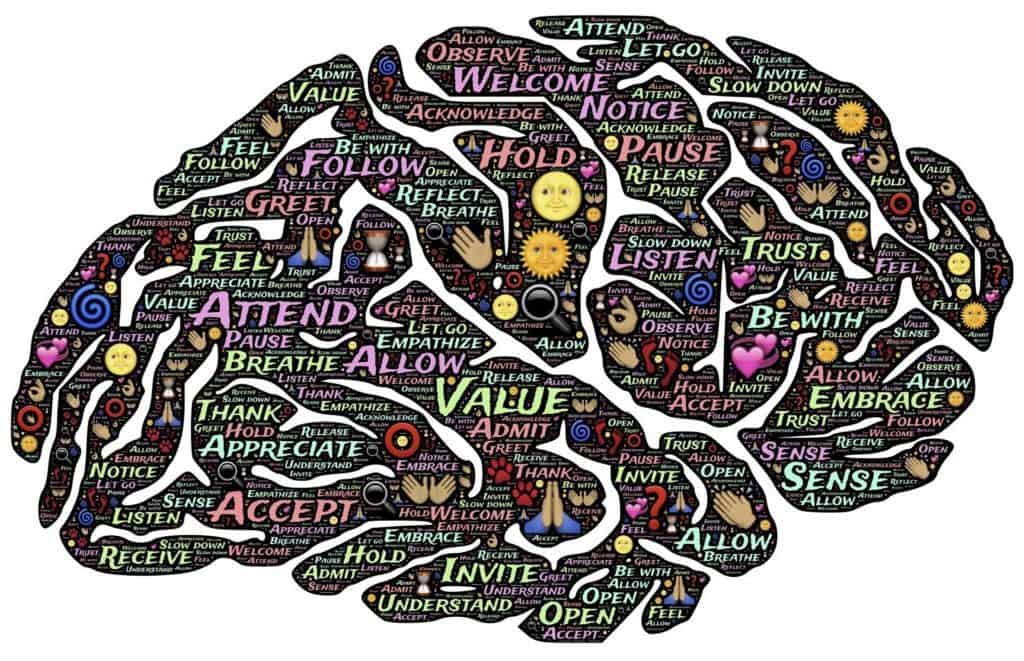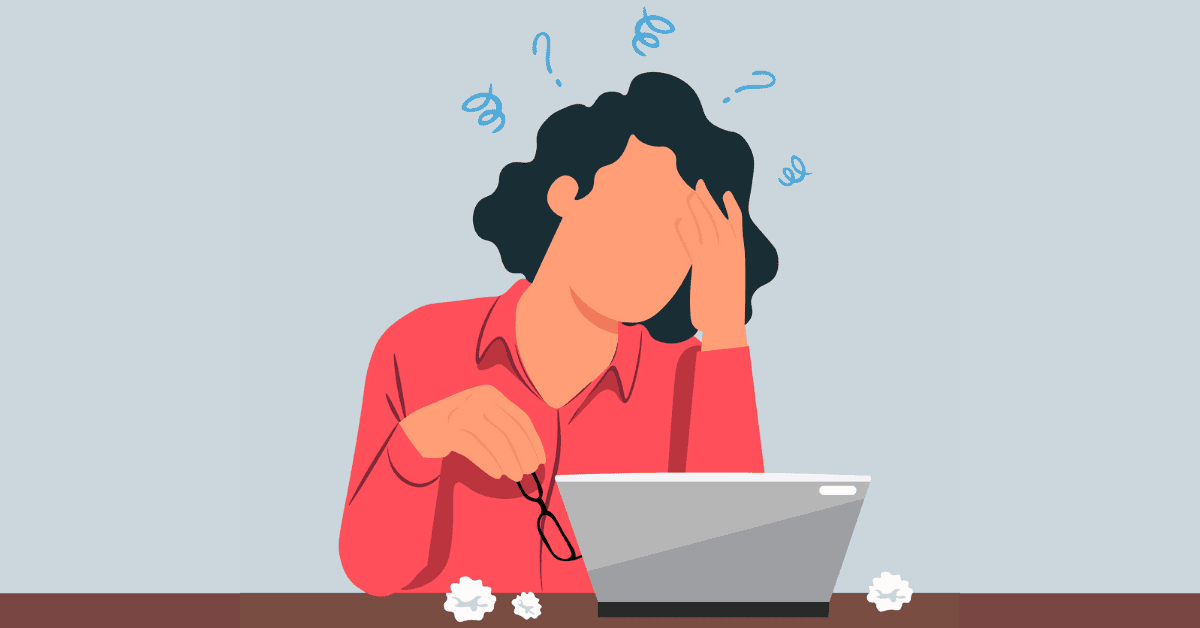│By Emily Priest, Digital Marketing MA student at the University of Portsmouth│
Deadlines. They are hard enough to deal with – the stress, the never ending reading lists, the work that keeps piling up, the ominously unfinished dissertation – but what happens when you add a pandemic into the mix? Panic and pandemonium. It was a seemingly impossible challenge yet, somehow, I managed to embrace the unique insanity of it all and make it out in one piece.
When lockdown hit in March 2020, lectures were cancelled and the library shut, but university work was still expected on time and many students were thrown into a panic. I was one of those students and although I didn’t have a final year dissertation to hand in, I still had valuable assignments that would make or break my final MA grade. How was I going to cope? At this time, little was on Moodle (the online learning platform used at Portsmouth) in terms of teaching materials so, like a lot of students, I felt more than a little stranded.
But I was determined not to let the situation beat me.
You can’t work without the necessary tools.
The first obstacle I faced when trying to study from home was accessing the necessary reading materials. The university library had closed, so many of the books and sources I needed were not accessible – that’s where Gale came in. I had used Gale Primary Sources before, for many of my essays, but always in combination with other sources from my university library. This time however I relied solely on Gale and fully exploited all of the digital primary sources, from the Historical Newspapers to Chatham House Online Archive.

Whilst other online sources were often frustratingly limited or irrelevant, Gale’s databases offered me a wealth of easily accessible and sortable data that became the backbone to my work. Various data visualisation features on Gale, such as the Term Frequency tool, Term Clusters and Topic Wheels helped me immensely as they allowed me to easily organise and understand vast amounts of data. Whilst dealing with procrastination at home, these accessible visuals helped me to focus at a time when I often wasn’t…!

Is it a bird? Is it a plane? No, I’m just distracted again.
I have never been good at concentrating for long periods of time. I will have a few minutes of focus, and then I’m distracted by a social media notification… the fact I need another cup of tea… or that a bird just flew past my window and – wow, didn’t it look pretty! Attending classes in-person, and having a good working environment would help me to focus, but when I found out I would have to stay at home for several months, in my studio flat, and still be productive, I had almost no hope for myself.
My first reaction was: “That’s it, I won’t be able to get any work done here”. But that wasn’t the answer. I needed to get these assignments done, and done well, and I had no choice but to suck it up. If I wanted to make myself proud, I had to find a way to work at home, despite the complications – and find it fast!
So, the question was, how could I focus more at home? What could I do to make this unworkable environment work for me?
Steps I took to help myself focus.
1. Routine. That was the first step. I ordered a planner online and when it arrived, I began to write down key dates and deadlines and broke up my weeks into study, work and rest days. If I treated studying like a part-time job, I would work at least three days a week on my course, for at least seven hours each day, and have one lunch break, plus a few mini breaks. After this, I set myself deadlines. For example, two weeks before an essay was due, I set myself a deadline to have completed a full draft. This way I wouldn’t leave things until the last minute and had plenty of time for feedback and edits.
2. The next step was tackling how to deal with procrastination. Even if I planned to study for seven hours a day, I knew I wouldn’t realistically do that, especially when I have a TV, the internet, a PlayStation and dirty plates all in one room to tempt me away! So, I did a few things. The first was to treat myself like a teenager! I turned my mobile off (and even hid it!) until my work time was up. Alongside this, I made sure to remove any distracting links, bookmarks or history from my browser. By removing autofill login on Facebook, for example, it made it harder to log in, thus easier to carry on with work. For me, it was really quite a drastic situation, and I simply had to remove temptations and distractions in any way possible!
3. The last step in boosting my productivity was actually taking more breaks. I was inspired by a 1980s productivity exercise called “The Pomodoro Technique” which involves setting timers and writing intensively for some time, followed by taking a short break. By following a tweaked version of this method to suit my own needs, I was able to write with focus and consistency, and could structure and pace myself far easier than previously. When I removed distractions and worked intensively, I found I could write thousands of words in just a few hours!
Caffeinated Craziness
The final obstacle in my way was caffeine. Putting aside whether caffeine can actually help you study or not, (according to an article from the Times Digital Archive it can and it’s actually good for you!) I found that the urge to go and make a tea or coffee was distracting enough. Sometimes I would make around ten cups of tea a day – and went to the bathroom at least ten times, to match! Imagine how much time was wasted boiling the kettle and sitting on the bog?! In the end I limited myself to only making teas on my breaks and cutting the caffeine past 6pm.

Self-care in a pandemic
When I put all these techniques together, I was able to focus a lot better and managed to maintain a reasonable work-life balance. I had days off, so I didn’t burn out, I had time for housework, and distractions were few and far between. I was able to get my work done on time, to a good standard, and my wellbeing didn’t suffer too much as a consequence. Aside from managing working at home, the pandemic threw other challenges at all of us.
Being locked in a studio flat with no outside space and one window, for months on end, was torture – literal torture. Some days were really hard, and my mental health really suffered. Even with all my hard work studying, I still couldn’t do anything about the fear of Coronavirus, the feeling of being trapped and not being able to see and touch loved ones. Sadly, that was out of my control and all I could do was try, just try, to make it a bit better. So, I did everything I could.
I reached out to friends and family digitally and made it a regular thing to talk via Zoom. When I needed fresh air and exercise, I went out at night when less people were out. I joined online support groups. I embraced art as a release. I bought plushies (velvety soft toys) and squeezed them whenever I needed to give someone a hug! I reduced my social media time. I made sure to eat my five-a-day and stay hydrated. I planned more and adopted online shopping. I watched wholesome videos on YouTube to remind myself there’s good in the world. Each were little things – but they all helped. Things weren’t easy and I wasn’t mentally fixed, but I coped when I thought I couldn’t and that, to me, is a big win.

Be kind – to yourself.
Surviving lockdown whilst studying wasn’t easy and I still didn’t achieve as much as I wanted. But going through it all, struggling at home, suffering with the rest of the world, in my own way, I learnt a lot and the thing I learnt the most was how to be kind to myself. To manage as I did, I needed to be loving, understanding and patient with myself. I needed to acknowledge the bad days, look in the mirror and say, “It’s okay, try your best, that is enough”.
I learnt how I worked and what I needed and from that I began to bloom as a self-sufficient person in this pandemic pandemonium. At the end of the day, my own progress wasn’t reliant on attending classes or on anyone else – it was up to me and my own faith in the person I had become. I forged my own way with what I had and found pride in every little step I took.
When we change our mindset and treat ourselves with compassion, we can grow even within a thorny and restrictive environment.
Interested in reading more about how Gale Primary Sources can help students face the challenges of university, and get through the pandemic? Check out:
- A Media and Journalism Student is Thrilled to Discover Gale
- How Gale Primary Sources Helped Me With My Dissertation – and Can Help You Too!
- How to Gather and Analyse Primary Sources for a Research Project
And for a light-hearted way primary sources can help us find alternatives in lockdown:
Blog post cover image citation: Image by HaticeEROL on Pixabay, https://pixabay.com/illustrations/student-laptop-stressed-avatar-5625920/, edited by post author.


